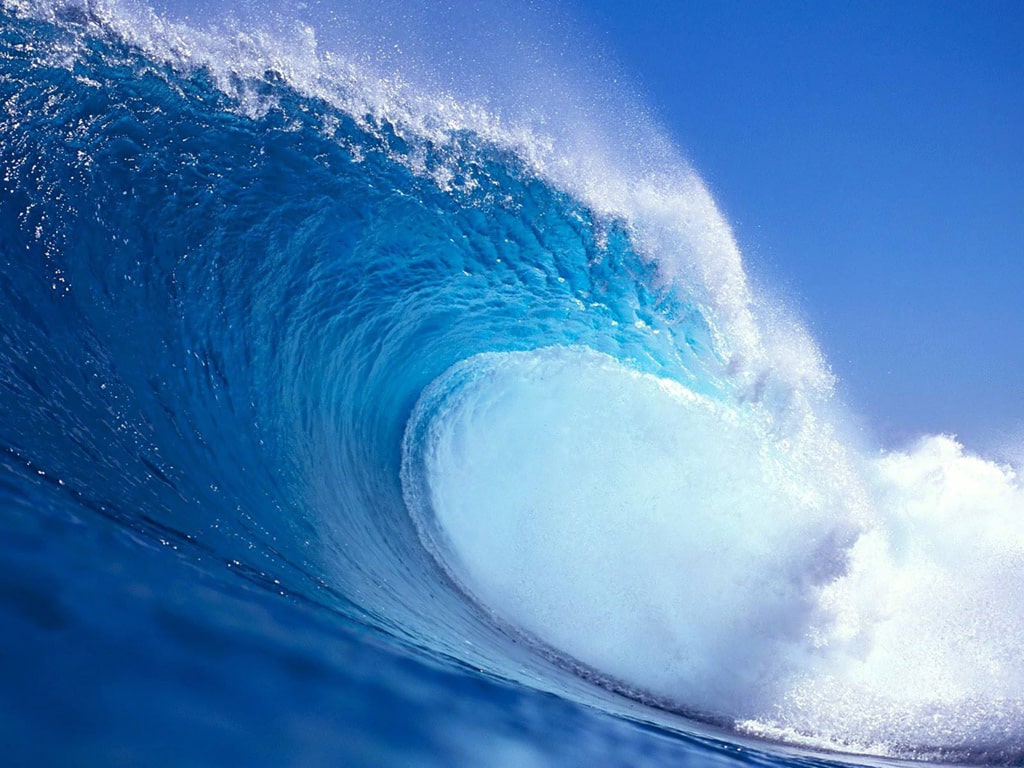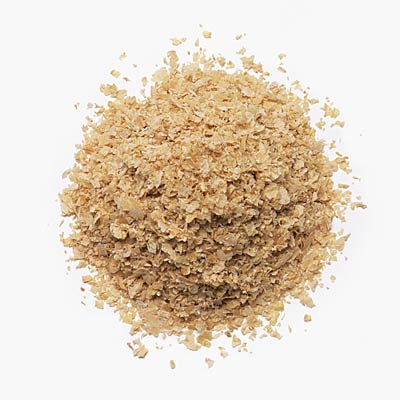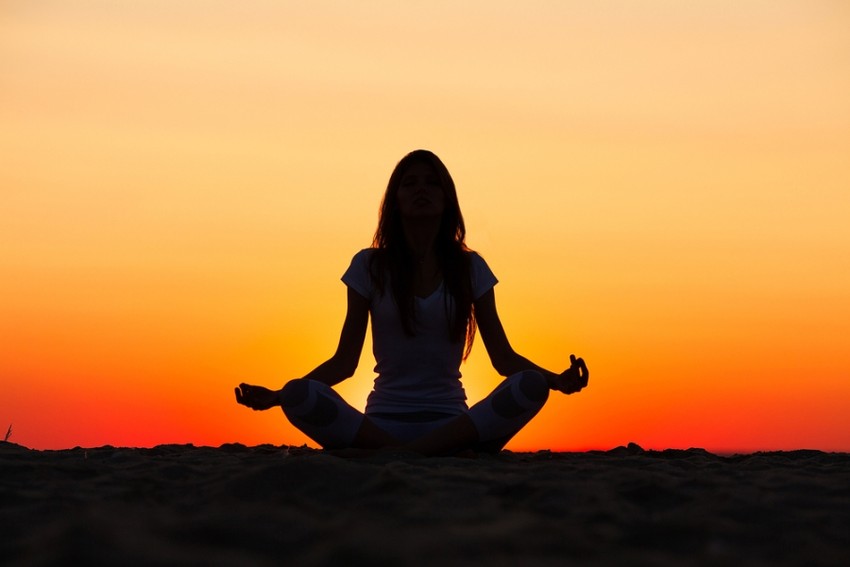Rafts have been created for survival of a water disaster; as much as they isolate the survivor from the water, they cause great discomfort and panic .
The passengers discomfort comes from:-
- The exposure to the sun, wind and water
- Claustrophobic from very crowded rafts
- Reduced view of the horizon
- Strong rubber interior smell.
- Clutter (where all the survival gear is)
- Exposure to water (Constantly being wet)
- Instability of the raft causing sea sickness
- Energy drained
- The floors instability
- Boredom
- Depression
- Scared
Forms of relaxation:-
- Using less furniture to create a spacious atmosphere
- Using comfortable furniture
- Using relaxing colors to the eyes
- Limiting sunlight and using dim lights
- Adding ornaments, photographs or small decorations
- Playing soft and relaxing music
- Keeping the space reasonably warm
- Keeping the space fairly clean
1- Using colour
Colour is a huge factor in setting the mood and tone for a space. Designers and psychologists agree greens and blues have the most calming effect, but soft tones of lilac, coral and even shades of white can also set the stage for a relaxing environment. While trends may come and go, a soothing colour scheme will stand the tests of time
The darker the shade of color used the more apparent the effect

Pink provides the influence of meditation and relaxation

Avoid white, although it adds space but it isn’t as effective as tinted colours
Avoid red it is associated with tension, irritability and hunger
2- Using Scent
One of the greatest senses in the human body is smell. Smell is similar to touching or tasting something from a distance.
It’s a subtle thing that can have a huge impact on the emotions and moods.
Vanilla-
Is considered to be the most alluring scent to people regardless of different background or age. It provides a calming effect and reduces the startle reflex.
Peppermint-
Allows a person to be invigorated, as it increases brain activity that leads to alertness.
Jasmine-
Is usually associated with sleep and relaxation as it leads to restfulness, tranquility and freshness.
Lemon-
Can make people feel more fair and generous
3- Using Sounds
Sound is used in psychology and therapy because it has a very power effect on emotions. It help a person reach the peak of relaxation, it does so by using the energy frequencies that our bodies contain
These are a couple of example
-Rhythmic drumming-
helps by inducing sleep
-Vibraphones-
causes calmness and reduction to stress
-Rain and Thunder-
extracts the concentration of any other machine like sound
-Ocean waves-
provide the sensation of relaxation and calmness
-Bird sounds-
cause comfort and a stress free atmosphere
-Orchestra-
provides alertness
4- Using lights
All spaces need a variety of lighting however using light can either make a room feel lively or gloomy, that why its essential to choose the correct ones. lighting is used in many ways; sometimes used to :
- create moods or an overall feeling of serenity or playfulness
- communicate eg. (Exit Signs)
- keep people alert eg. (office lighting)
- for decoration (highlight a certain shape, texture or important keynote)
Types of lighting:
Ambient or general lighting
provides an overall illumination for the space. It’s the keystone of lighting a room. It usually consists of ceiling, wall or recessed lights.
Task lighting
Is used for an active working space like cooking, reading, putting on makeup or doing homework.
Accent lighting
Provides drama and depth to a room by illuminating key features like artwork, books, or architectural features.
Using existing natural light:
The best kind of light is natural light. however the quality of the natural light depends on the aspect of the space.
East facing rooms are sunny in the mornings.
West facing rooms suffer afternoon glare.
North facing rooms will need to be toned down.
South facing rooms will need to be amped up.
By hanging mirrors facing the windows, using sheer window coverings, applying reflective surfaces and adding lighter colour palettes light can be maximised.
Lighting tricks
- up-lights or washes make small spaces feel bigger
- Vertical lights make a space feel taller
- Table lamps reduce the light going towards the ceiling, which makes the room feel cosier
References:
- http://www.wikihow.com/Help-Someone-Having-a-Panic-Attack
- http://freshome.com/2010/09/08/20-ways-to-use-color-psychology-in-your-home/
- http://www.huffingtonpost.com/2013/09/09/best-color-relaxing_n_3895237.html
- http://www.ehow.com/info_8124162_scents-affect-feelings.html#ixzz2ils8xgOS
- http://www.telegraph.co.uk/property/interiorsandshopping/7471729/Interior-design-Nina-Campbells-lighting-tips.html
- http://www.dummies.com/how-to/content/how-to-use-lighting-as-an-interior-design-element.html
- http://www.realestate.com.au/blog/getting-lighting-right-how-to-light-a-room/
- http://images.pegasuslighting.com/infographics/compare-light-sources.png



















